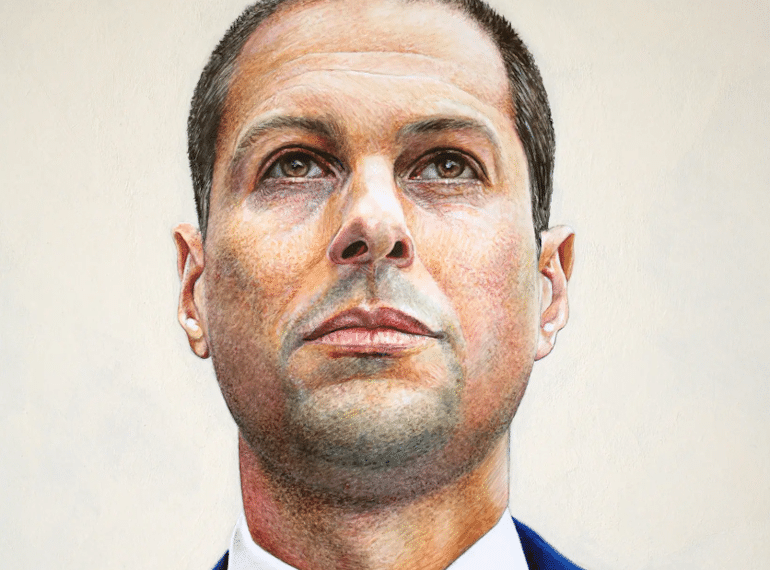Taken to the cleaners: money-laundering, fraud and other white-collar crimes under the spotlight in pupil-run Economics journal

The focus is firmly on financial crime in the latest issue of The Econobethan, which takes a detailed look at the misuse of money around the world.
Over 28 pages, the student writers look at crime-related topics ranging from a profile of Jordan Belfort, the ‘wolf of Wall Street’, to the rising use of AI-generated ‘deep fakes’ for fraud.
The 20th edition of The Econobethan also has, as a secondary theme, Economics and Black history, and is timed to coincide with the conclusion of Black History Month.
Economics teacher and QE Flourish Enrichment tutor Celia Wallace said: “Through The Econobethan, we aim to bring complex economic concepts to life, and to foster thoughtful discussion and an inclusive approach to economic issues.
“This issue takes a compelling dive into the world of financial crime, offering nuanced perspectives on how misconduct – from fraud and cybercrime to insider trading – continues to shape our global economic landscape.”
Congratulating the 16 writers, Dr Wallace said: “Many of them balanced writing for this edition with exam preparation and university applications – a testament to their commitment and passion. This issue also marks the final edition from our current editorial team, who have worked tirelessly to bring these important topics to life. We’re excited to see the fresh ideas the incoming team will bring to future editions.”
In their own introduction, the four-strong editorial team, Year 13’s Uday Dash, Akheel Kale, Zaki Mustafa and Tejas Bansal write of the “chilling insight” the edition gives into how financial systems can be manipulated, adding: “In the end, these articles remind us perhaps the biggest criminals are the ones that are hiding in plain sight.”
The articles have an international flavour, covering Operation Tabernula – Britain’s biggest insider-trading scandal – as well as public corruption in the US, and money-laundering in Pakistan.
There are historical perspectives – on tax evasion, for example, and on the 2008 global financial crisis – as well as exploration of the likely future impact of technology in areas such as cryptocurrency. Pictured top is Kareem Serageldin, the only banker to be jailed following the events of 2008.
The edition’s tribute to Black economists includes a profile of Sadie Alexander, who in 1921 became the first African-American woman in the US to earn a PhD (in Economics) from an American university. Thwarted in her ambition to become an Economics professor, she went on to become a lawyer and civil rights activist. A more contemporary influential Black economist, William Darity, a professor at North Carolina’s Duke University, is the subject of another profile.
- Those with access to the eQE portal can read the current and previous editions of The Econobethan here.
